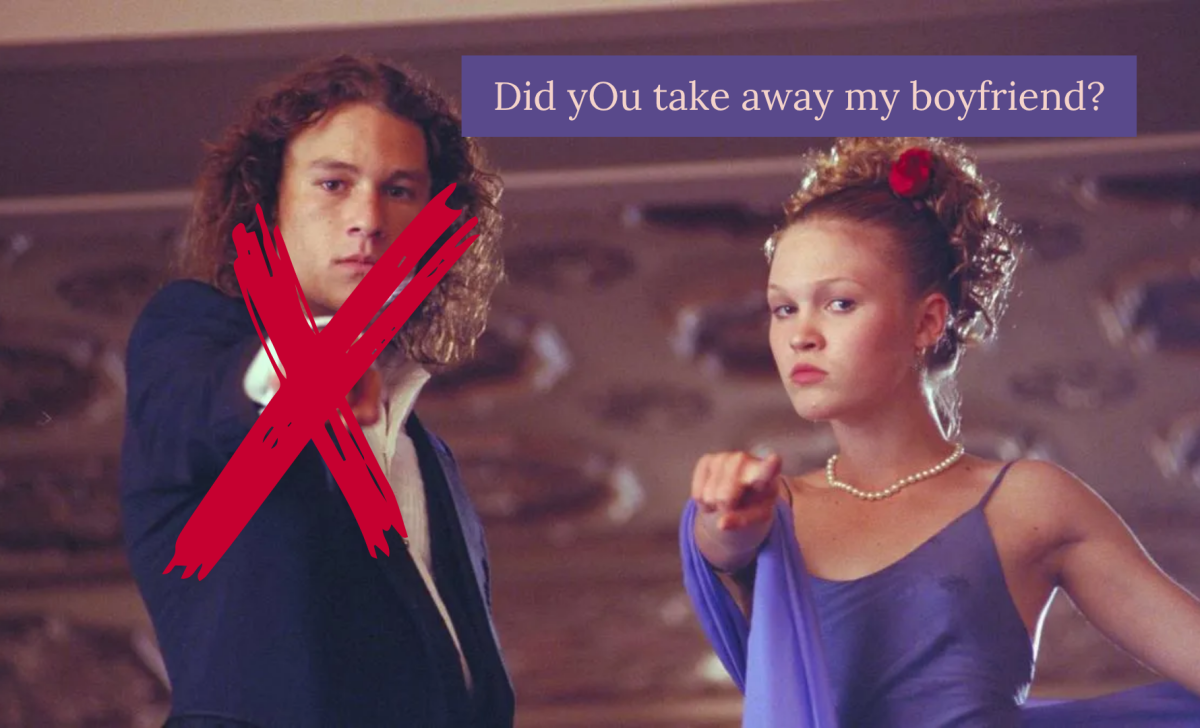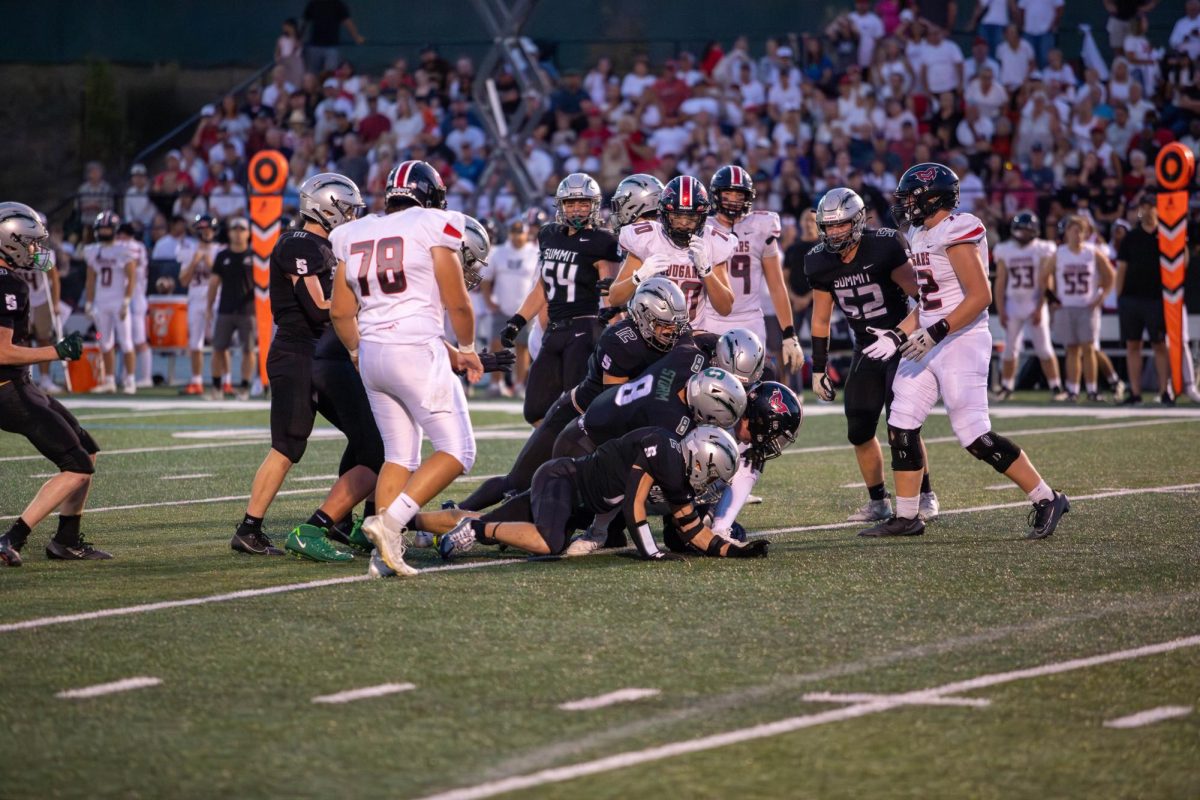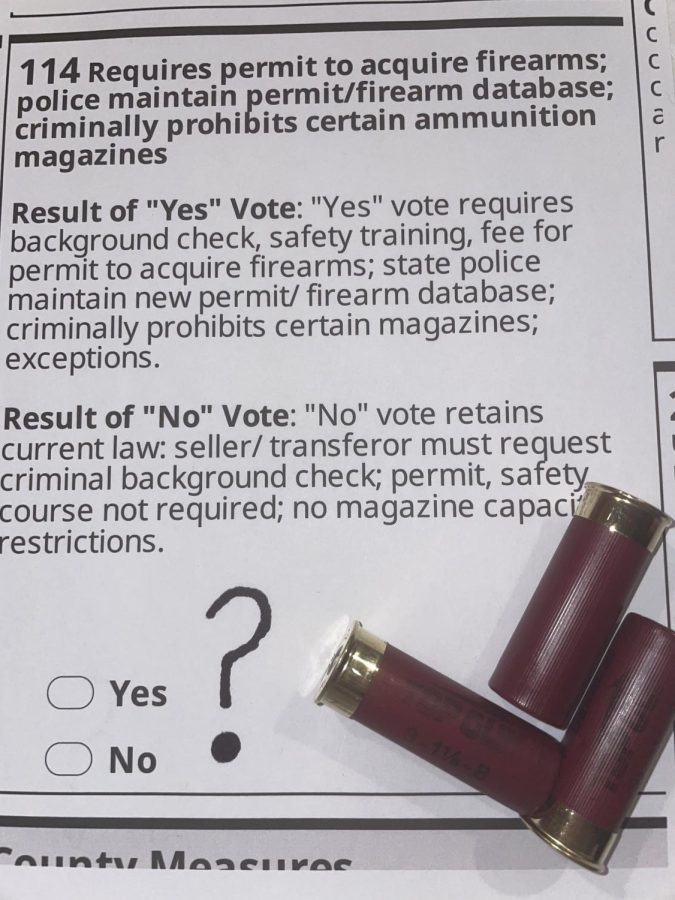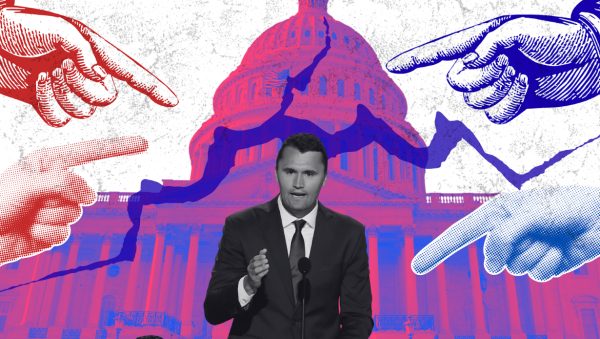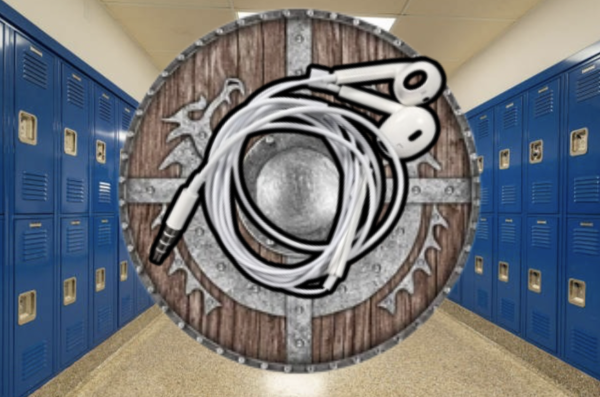Pro | Con: The Measure 114 Debate
One of the most hotly contested issues on any midterm ballot nationwide is Oregon’s proposed gun control measure 114. Read our editorial staff’s contrasting views on the issue.
On November 8, Oregonians will take aim at passing what the NRA dubs “the nation’s most extreme gun control initiative.” This initiative, Measure 114, will require a permit and training in order to purchase a firearm. It will also outlaw magazines with a capacity of over 10 rounds. Our editorial staff offers contrasting opinions on the issue.
Pro (Wes McGovern)
Passing Measure 114 should be a no-brainer for voters wanting to improve safety in Oregon.
Most mass shootings seem to follow a familiar sequence: a mentally ill individual with access to a high-rate of fire weapon, obtained with too much ease and for ill intent. Admittedly, 114 does not address the often overlooked mental-health component, but it does add a long overdue barrier to obtaining weapons and would help break this pattern of violence, which is a start.
Acquiring a permit will require firearm safety and competency courses with live fire training, an in-depth background check accompanied by fingerprint and identification photos, all of which would be overseen by local law enforcement. Similar policies have been enacted in a few states around the country and have proven successful. For example, firearm homicides and suicides, both, decreased over 30 percent following permit-to-purchase implementation in Connecticut.
The proposed measure will also criminalize the possession and production of magazines that carry more than 10 rounds. High-capacity weapons—like those often used in mass shootings—can fire more bullets, faster and thus wreak more havoc. So it makes sense to put limits on how many rounds a gun can accommodate.
Any lawful firearm owner will be only minimally impacted by this measure. More steps are added to the process of buying a gun, but the ability to own guns is not impeded nor threatened for lawful citizens. When weighing the protection of human life against a minor nuisance, the winner is clear.
Passing measure 114 is far from the end-all solution to gun violence, but it is a strong start that encourages safety and compromise. Whether you are a gun owner, or a critic, voting ‘yes’ on Measure 114 is surely a vote for safety and positive reform.
Con (Jay Skidmore)
Gun violence is undeniably a problem, but is measure 114 really the solution? It’s unconscionable that we as students have to endure extreme safety measures to prevent gun violence in schools while gun owners simply get to skate by, and it’s good to be outraged by this situation. What isn’t admirable is to haphazardly pass any piece of gun control that comes along without regard for its social impact.
It’s important to realize that 114 only limits new gun sales, it doesn’t eliminate any of the guns that already exist in the state. Oregon’s gun problem is somewhat unique and can’t be compared to states like Connecticut. We rank 15th in the country for gun ownership with just below 51% of the people armed. This will be more than enough for gun violence to remain a problem and to maintain a black market.
We will also continue to border Idaho, the state broadly considered to have the second weakest gun control laws and fourth highest rates of gun ownership in the nation. Even if denied a permit and unable to buy from off the black market, anybody who wishes to harm others with a gun will still be able to get one as long as they have a car, a free weekend, and enough gas to get to Idaho and back.
Moreover, talking about gun control in the context of gun violence ignores the political reality of why gun control is actually passed. According to a study by Harvard Business Review, mass shootings, despite being disproportionately politically influential, don’t have a statistically significant impact on the rate by which gun control policies are enacted, even within democrat- controlled state legislatures. In Republican controlled legislatures, mass shootings actually increase the likelihood of gun control being repealed.
So what’s the real reason for gun control? Often, it’s to prevent minorities from arming themselves as a means of protection from the state. For example, look at the Mulford Act in California. This law banned the open carry of loaded firearms, and it was supported by Ronald Reagan and the NRA, a powerful organization which helped write the bill. Why would these notoriously pro-gun institutions back gun control? This law was passed in response to the Black Panthers openly carrying automatic weapons as a means of holding the LAPD, which they saw as racist and abusive, accountable. This was not an isolated incident, but part of a broader pattern of gun control being used as a means of disarming marginalized groups.
Measure 114 echoes a lot of these same problems. It gives the sheriff and police departments the authority to issue permits, and gives them broad discretion to deny permits to those they deem a danger to themselves or others, opening the door for discrimination.
There’s a liberal inclination here to deny that local police will have racial biases in enforcing legislation like this. Naive and arrogant, considering that 114 shares a ballot with a measure that proposes to end the current legality of slavery under certain conditions. Oregon was literally founded on black exclusion and harbors massive racial biases to this day, especially when it comes to policing. Portland, for example, has the fifth highest rates of racial disparity in arrests out of the 37 largest jurisdictions in the country.
Additionally, Oregon also has large and well documented problems with far-right militia groups, militias which our police feel comfortable openly associating with and even joining. There are currently dozens of police officers in Oregon who have been confirmed as members of the far-right Oath Keepers group. This includes high-ranking officers, many of whom avoided speaking to the press about their membership. Our own sheriff in Deschutes County gave a speech at an event for the far-right militant People’s Rights Group. This group was founded by Ammon Bundy, a person famous for his armed occupation of the Malheur Wildlife Refuge.
In all likelihood, we don’t know the full extent of the racism and far-right alignment within Oregon police. Our cops aren’t special—they will lie and obfuscate whenever evidence of racism or far-right ties come to the surface. But even if we assume that what has already been discovered is the extent of the problem, what does this say about the culture of Oregon law enforcement? It says that racism will be tolerated, and far-right violent militias will not be acknowledged as the threat they are, but rather be viewed as friends, allies or fellow officers.
These are the people who will have broad discretion to decide who does and doesn’t get to own guns. Will they deny licenses to members of these militias that they themselves are part of? Certainly not. But if someone applying for a license is black, indigenous, or LGBT, why would we expect police to treat applicants impartially when they are discriminatory towards them in so many other arenas?
One cannot claim to be a progressive and support 114. Progressivism is fundamentally about protecting and uplifting the downtrodden and disadvantaged. This necessarily means you have to uphold a level of skepticism about the police, as they have proven themselves either unwilling or unable to break from their racist past and allegiances to the far right. The response to this reality from any truly progressive person is to not expand the powers of the police for the sake of minimally effective gun control. Having guns be commonplace in society is a big risk, but what’s much more dangerous is for the far right to be armed to the teeth while the groups they despise are left defenseless.

Meet Wes McGovern, the last (or first?) third of the Editor-In-Chief team. After enrolling in News Staff three years ago, Wes fell in love with journalism, politics, law and contributing to the community...

When Jay isn’t writing for the Pinnacle, you might find him working at Market of Choice, hanging out with his friends, or just chilling and watching YouTube. This will be his second year writing for...



